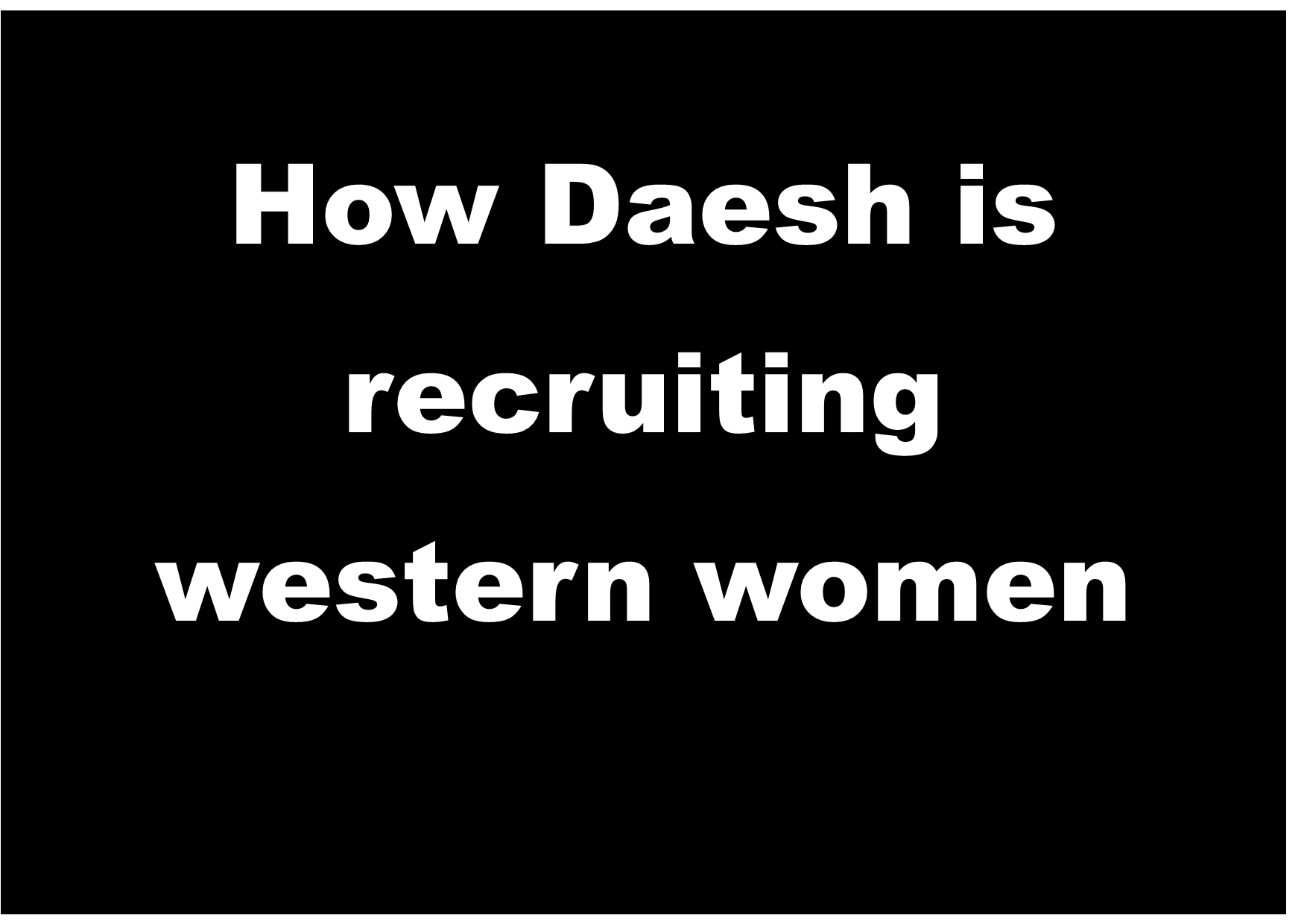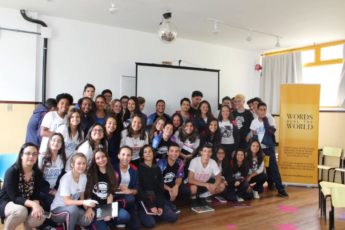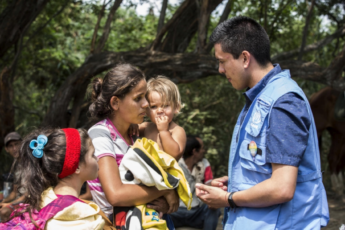
The International Centre for Counter-Terrorism – The Hague (ICCT) released a set of recommendations to tackle the growing recruitment of western women by Daesh. The document entitled “IS’s Appeal to Western Women: Policy Implications”, written by Kiriloi M. Ingram, revealed that estimations point out that in October 2014 more than 550 western women travelled to join the extremist group in Syria/Iraq, and the number increased to between 663 and 883 women in 2016 – a considerable rise. In order to avoid simplistic and gender stereotyped understandings about the phenomenon, the document gives a qualitative and narrative analysis of Daesh’s English-language magazine Dabiq, which is full of content that give a hint of how western women have been portrayed by the extremist group.
With the recent economic, political and territorial losses, Daesh seems to be changing its strategies, investing in the recruitment of western women. The online magazine presents some tactics used to reach its goal. One of them is the appeal to women´s identity, offering them a different perspective to see the world. They constructed five women archetypes: “supporter”, “mother/sister/wife”, “fighter”, “victim”, and “corruptor”. The categories are not fixed. Therefore, a corruptor woman can be redeemed by turning herself into fighter.
Another tactic is related to empowerment. Daesh is aware of the segregation Muslims have been suffering in the West and the group has started encouraging them to fight the “enemy”. According to the narratives constructed by Daesh, women and men are equally important because both of them can become fighters and plot terrorist attacks.
The brief rejects the idea often reported by the media that “jihadi brides” are being attracted online by jihadist fighters. The analysis didn’t find any evidence to suggest that Daesh “uses sex appeal in Dabiq to recruit Western women”. Women are encouraged to get married to a jihadist fighter and raise kids but the purpose of this is far from the romantic one described in some stories. The final aim of the marriage is to give birth to a new generation of jihadists: the sons and daughters of Daesh. Hence, women have a central role to play for Daesh because they can assure the existence of the Caliphate in the future.
The brief presents three recommendations for policy practitioners:
- “To obstruct Daesh’s legitimacy” – Use the voice of women who escaped from territories controlled by Daesh intertwined with positive stories of Muslim women who live in the West. These actions can deconstruct the narratives produced by the extremist group.
- “Address negative grievances and identity appeals” –Suggest feasible solutions to the segregation suffered by Muslim women in the West and develop effective messages to deconstruct the narratives that Daesh can solve Muslim women´s problem as far as these problem is concerned.
- “Empower, not trivialise women” – Recognise that jihadists (men or women) are not only guided by religion, coercion or sex, and that radicalisation is not instantaneous. People are motivated by a range of complex factors, as personal experiences and feelings of segregation. Also, realize that gender assumptions with respect to this subject can produce devastating results and end up favoring Daesh´s strategies.
The full brief can be accessed here: https://icct.nl/publication/iss-appeal-to-western-women-policyrecommendations/
By Raiane Cardoso (UFRJ)




